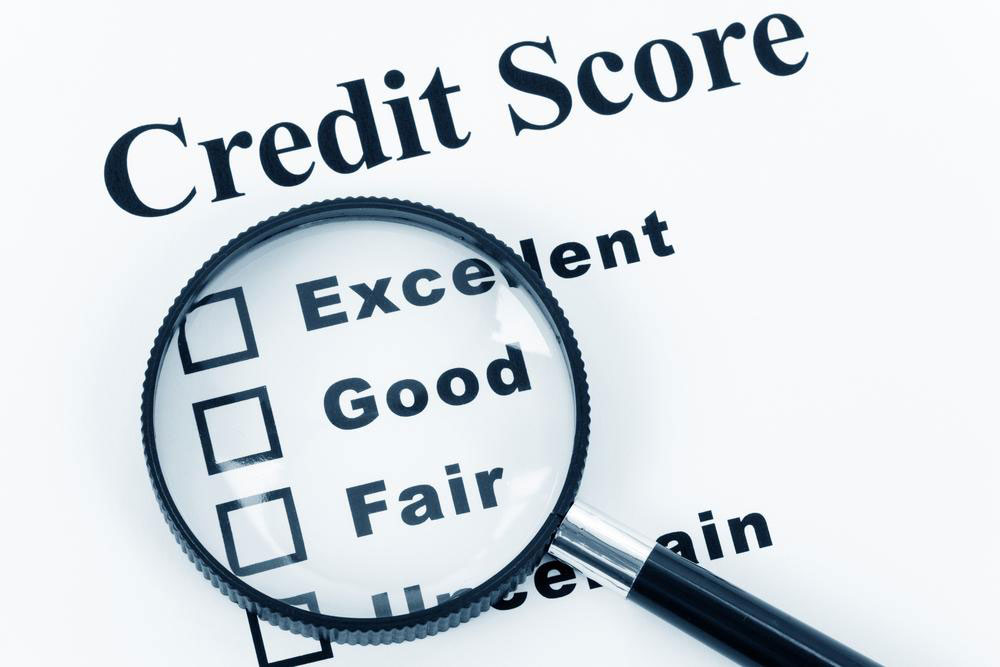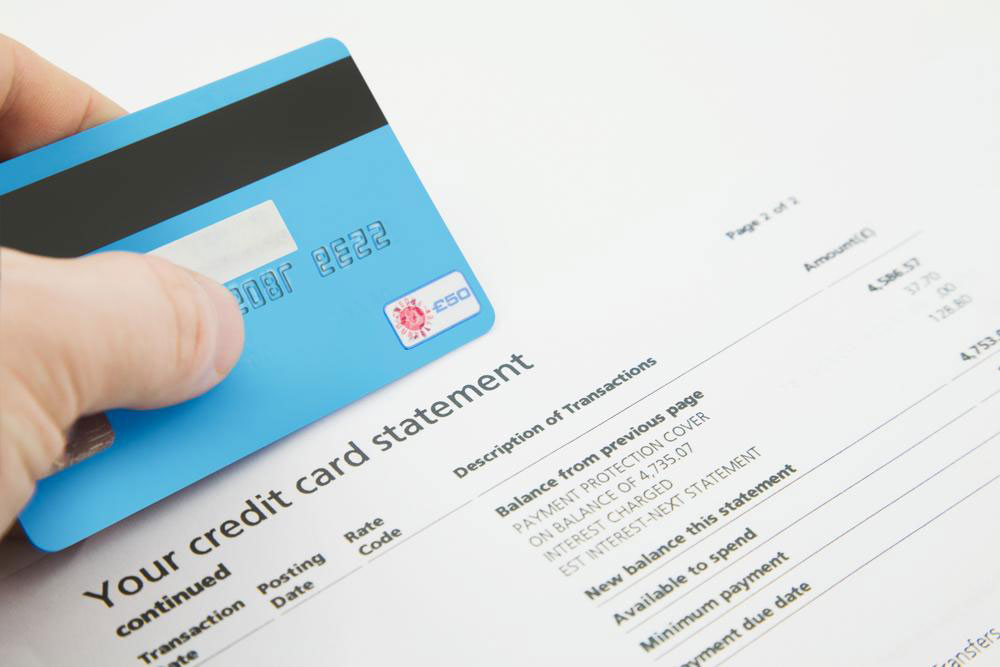Effective Strategies for Securing Personal Loans with Poor Credit History
This comprehensive article provides over a dozen effective strategies for obtaining personal loans despite poor credit ratings. It covers options like borrowing from loved ones, leveraging home equity, utilizing credit unions, peer-to-peer lending, and more. The guide emphasizes responsible borrowing and highlights key considerations for each method. Whether you need funds for emergencies, debt consolidation, or major purchases, these tips can help you find accessible financial solutions. Learn to navigate the lending landscape and improve your chances of approval even with low credit scores.

Effective Strategies for Securing Personal Loans with Poor Credit History
Navigating the world of personal finance can be particularly challenging if you have a poor credit rating. Many individuals face financial hardships that impact their credit scores, making traditional lending options seem out of reach. However, securing a personal loan despite bad credit is still possible by employing targeted strategies and exploring alternative funding options. In this comprehensive guide, we will discuss over a dozen reliable methods to help you access the funds you need, regardless of your credit history. Whether you're looking to consolidate debt, cover unexpected expenses, or make a major purchase, these tips can help you find the best solutions tailored to your situation.
Borrow from Close Contacts: Friends and Family
This is often the most straightforward way to secure a personal loan without undergoing extensive credit checks. Borrowing from friends or family can be a quick solution, but it's crucial to establish clear repayment terms to prevent potential strains on personal relationships. Transparency and mutual understanding are key to ensuring both parties remain on good terms. It's advisable to formalize the agreement with written contracts specifying repayment deadlines and amounts for added clarity. While this method can provide immediate relief, it’s essential to approach it with caution and responsibility.
Explore Specialized Bad-Credit Loan Options
There are financial institutions and lenders that cater specifically to individuals with poor or bad credit. These loans often come with higher interest rates due to the increased risk for lenders. It’s important to research and compare these options carefully, paying attention to the terms and fees involved. Avoid lenders who make deceptive promises or charge exorbitant fees, as this can lead to a cycle of debt. Reading customer reviews and consulting consumer protection agencies can help identify reputable lenders offering bad-credit loans.
Loan Co-signed by a Trusted Individual
If you have someone with a strong credit history willing to co-sign your loan, this can significantly improve your chances of approval and secure more favorable interest rates. A co-signer agrees to take responsibility for repaying the loan if you default, which offers reassurance to lenders. However, co-signing is a serious financial commitment and can impact the co-signer’s credit if payments are missed. It's essential to communicate clearly with co-signers and ensure they understand their responsibilities before proceeding. This option can be particularly useful for large loans or when other avenues are limited.
Home Equity Line of Credit (HELOC)
Homeowners with substantial equity in their property can leverage a HELOC to access funds. This type of borrowing allows you to tap into your home's equity, usually up to 80% of its value. The advantage of a HELOC is typically lower interest rates compared to unsecured personal loans, given that the loan is secured by your property. However, missed payments can lead to foreclosure, so careful financial planning is essential. HELOCs are suitable for homeowners who need substantial funds and are confident in their ability to meet repayment obligations.
Loans from Credit Unions
Credit unions serve members rather than the general public and often provide more favorable lending conditions for individuals with imperfect credit. Since they are non-profit organizations, credit unions tend to offer lower interest rates and flexible repayment options compared to traditional banks. To qualify, you usually need to be a member with a valid reason for borrowing. These loans can be unsecured or secured and often come with more lenient underwriting standards, making them an attractive choice for those with negative credit histories.
Peer-to-Peer (P2P) Lending Platforms
Peer-to-peer lending connects individual borrowers with investors willing to fund loans directly. This marketplace-based approach often offers competitive interest rates, although your credit score will influence the interest rate you are offered. People with poor credit may face higher rates, but P2P lenders are usually more flexible than traditional banks. Successful loan approval depends on your overall financial profile and the platform’s specific criteria. P2P lending can be a viable alternative for those seeking faster approval and more personalized lending terms.
Use of 401(k) Retirement Savings
As a last resort, borrowing from your 401(k) account can provide quick access to cash. Many plans permit loans up to 50% of your vested balance, with repayment terms typically spanning five years. The advantage is that the interest paid on the loan goes back into your retirement account, effectively paying interest to yourself. However, taking a loan from your 401(k) can have consequences, including potential taxes and penalties if you fail to repay or if you leave your job before repaying the loan. This option should be considered carefully and used only when other sources are unavailable or unsuitable.
In conclusion, securing a personal loan with poor credit is challenging but entirely achievable when you understand your options and take proactive steps. Exploring alternatives like borrowing from friends or family, leveraging home equity, seeking out specialized lenders, or utilizing community-based financial institutions can make a significant difference. Always remember to thoroughly assess the terms, understand your repayment commitments, and consider the long-term implications before proceeding with any loan. With careful planning and responsible borrowing, you can overcome credit barriers and access the funding you need to meet your financial goals.





